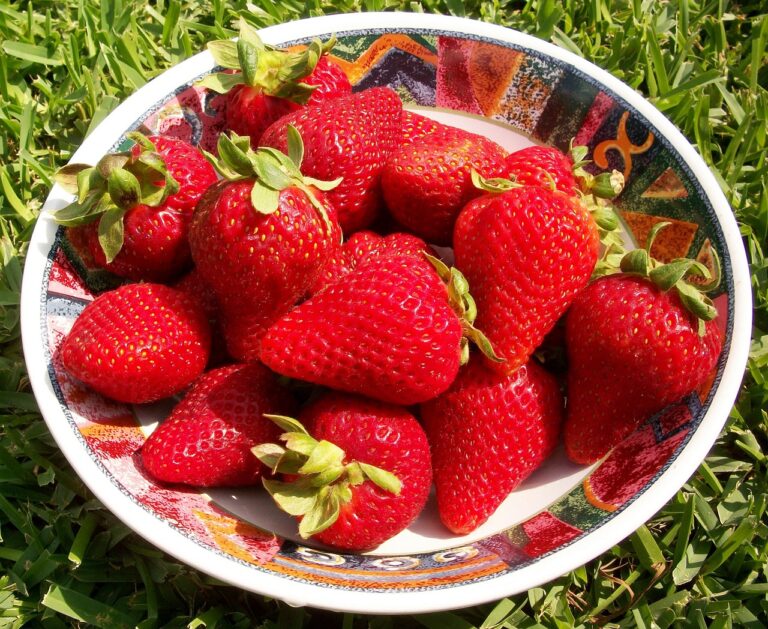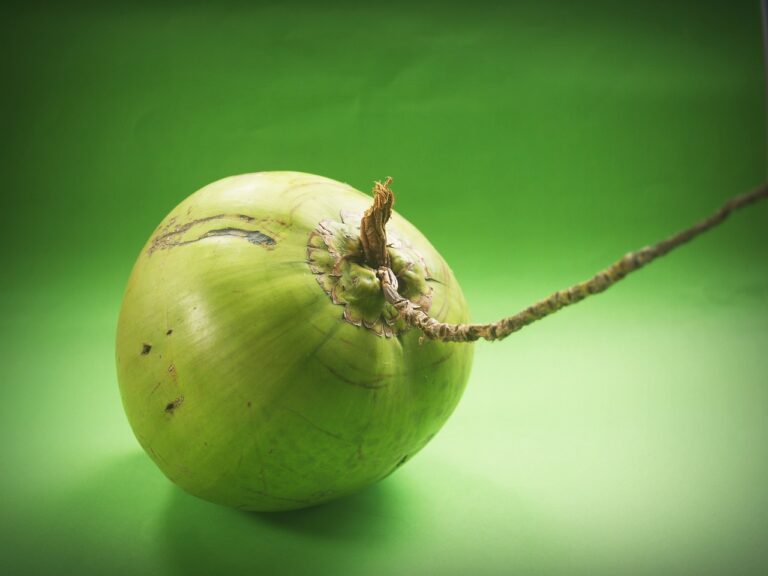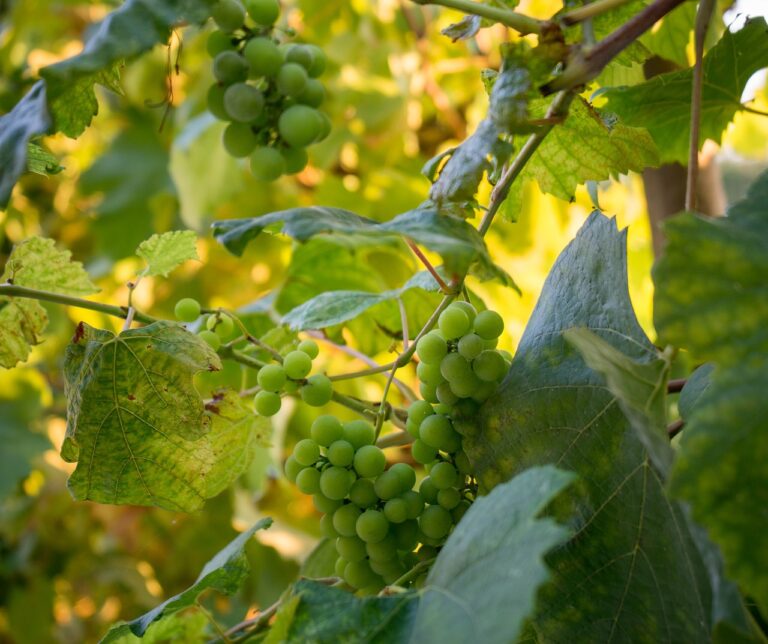The Role of Biotechnology in Sustainable Food Production: Laser book, Silverexch, 11xplay reddy login
laser book, silverexch, 11xplay reddy login: Biotechnology has played a significant role in revolutionizing sustainable food production over the years. By harnessing the power of living organisms, biotechnology offers innovative solutions to enhance crop productivity, improve food quality, and reduce environmental impact. In this blog post, we will explore the various ways in which biotechnology is shaping the future of food production.
Genetically Modified Organisms (GMOs)
Genetically modified organisms, or GMOs, are crops that have been genetically engineered to exhibit specific traits such as resistance to pests, diseases, or herbicides. This technology has enabled farmers to produce more food with fewer inputs, thereby increasing yield and reducing the environmental footprint of agriculture.
Precision Agriculture
Biotechnology has also facilitated the development of precision agriculture techniques that optimize the use of resources such as water, fertilizers, and pesticides. Through the integration of sensors, drones, and GPS technology, farmers can monitor and manage their crops more efficiently, leading to higher yields and lower costs.
Biofortification
One of the key challenges facing the world today is malnutrition, particularly in developing countries. Biofortification is a process that involves enriching crops with essential nutrients such as vitamins and minerals. Through biotechnology, researchers can enhance the nutritional content of staple crops like rice, wheat, and maize, thus improving the health and well-being of millions of people.
Biological Pest Control
Traditional methods of pest control often involve the use of chemical pesticides, which can have harmful effects on both the environment and human health. Biotechnology offers a more sustainable alternative through the development of biological pest control agents, such as Bacillus thuringiensis (Bt) crops, which produce their own insecticidal proteins.
Food Preservation
Biotechnology has also contributed to the development of innovative food preservation techniques that extend the shelf life of perishable foods. For example, nanotechnology is being used to create packaging materials that inhibit the growth of bacteria and fungi, thus reducing food waste and enhancing food safety.
Environmental Sustainability
Ultimately, the goal of sustainable food production is to ensure the long-term viability of our food systems while protecting the environment. Biotechnology plays a crucial role in achieving this by promoting practices that are environmentally friendly, economically viable, and socially responsible.
In conclusion, biotechnology is a powerful tool that can help us address the challenges of feeding a growing global population in a sustainable manner. By leveraging the latest advances in genetic engineering, precision agriculture, and food preservation, we can create a more resilient and productive food system for future generations.
FAQs
Q: Are GMOs safe to eat?
A: Numerous scientific studies have shown that GMOs are safe for human consumption. Regulatory agencies around the world, including the FDA and the European Food Safety Authority, have concluded that GMOs are as safe as their non-modified counterparts.
Q: How can biotechnology help small-scale farmers?
A: Biotechnology offers a range of benefits for small-scale farmers, including improved crop productivity, pest resistance, and drought tolerance. By adopting biotech crops, small-scale farmers can increase their yields, reduce input costs, and improve their livelihoods.
Q: What are the potential risks of biotechnology in food production?
A: While biotechnology offers many benefits, there are also potential risks to consider, such as the development of resistant pests and weeds, genetic contamination of non-GMO crops, and concerns about long-term health effects. It is important to weigh these risks against the benefits of biotechnology when making decisions about its use in food production.







